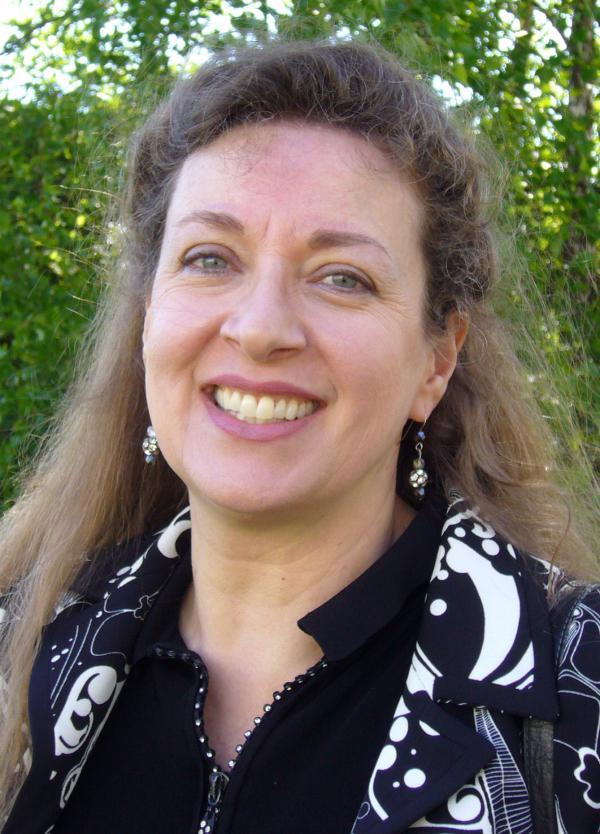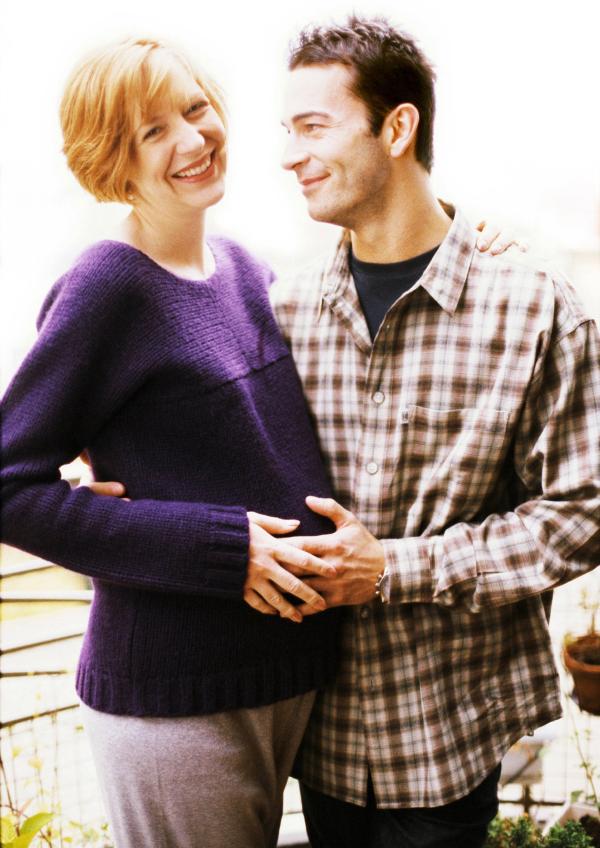– Today the study of assisted reproductive technology (ART) is one of the largest topics within medical anthropology, says Marcia Inhorn. She is the William K. Lanman Jr. Professor of Anthropology and International Affairs at Yale University and Professor II at the Centre for Women and Gender Research, University of Bergen.
– Kinship and family has traditionally been a central field of research within anthropology. The technological development has lead to changes in the cultural idea of families, and raised various questions about controversial cultural themes, says Inhorn.
Together with anthropologist Daphna Birenbaum-Carmeli she has done a massive review of anthropological material on assisted reproduction, from all over the world.
Class and race
– In vitro fertilization (IVF) was developed to help female infertility. However, in the parts of the world with the highest rate of female infertility IVF is virtually nonexistent, Inhorn states. Due to untreated infections, poor countries in the non-Western world have a large number of infertile women. In societies where children are of great importance for social status as well as security in old age, infertility can be a basis for divorce and gender-based violence.
– Overpopulation and an abundance of pressing health problems are often given as explanations for the lack of treatment. Naturally this angers afflicted women, who ask why they are not worthy of this treatment, Inhorn says.
But it is not only on a world scale that access to treatment is based on who you are and how much money you have.

– Infertile American couples have to pay for the entire treatment themselves, which leads to class- and race-based inequalities. Most European countries have some subsidies. Thus, the world's elites get help, whereas the most infertile with the biggest needs do not, explains the professor. She feels that more anthropological study is needed on ART in non-western societies.
Men as «the second sex»
ARTs are gendered technologies, and the focus is overwhelmingly on female infertility. The techniques used are usually more invasive on the female body, and even when the reason for the infertility lies with the man, the woman needs to be included in the treatment.
– This may facilitate the view that the woman bears responsibility for the problems, Inhorn points out. In their article Inhorn and Birenbaum-Carmeli also write:
«As an unintended consequence, the very existence of ARTs may serve to reinforce cultural 'motherhood mandates' for women in many societies, mandates that have been challenged by generations of Western feminist scholars.»
– Thus, men end up as «the second sex» in infertility treatment, despite the fact that more than half of the infertility cases involve a male factor, Inhorn says. She points out that part of the problem is that many men keep their infertility a secret, for instance because it is perceived to imply impotence.
The blood tie
In the Euro-American world notions of kinship is linked to biogenetics – blood and genes.

– This leads infertile couples to «chase the blood tie», that is, working with their own gametes (sperm and egg cells) to produce children they have blood ties to, Inhorn says. Thus, the access to ARTs may marginalize adoption as a means to start a family.
– At the same time, core notions of kinship are unseated through new ways of creating families: Surrogacy may create new bonds between mothers, or it may create new differences, for instance based in class.
– In cases where a sperm donor is used, we may get the creation of a secretive family space: most donors prefer to remain anonymous, and the would-be parents tend to choose a donor who looks like the social father. They often hide from the rest of the family that donor sperm is used, and engage in «resemblance talk» to mask the donation, the professor explains.
Gift exchange or sale of body parts?
In a newer and more controversial procedure, egg cells can also be donated.
– Eggs can be shared between actual kin, like sisters, or donated by strangers; but they are also sold at a high price on the market, says Inhorn. This has moral and ethical implications on a different level than sperm donation, as the donation of eggs involves risky forms of hormonal stimulation and egg harvesting.
As the laws of egg donation differ around the world, there is a growing concern about «reproductive tourism». Couples from countries where this type of donation is illegal, like Norway, may travel to a country where the rules are more relaxed – if they have the money to pay for it.
– Caucasian Eastern European women are quite popular on this market, Inhorn relates. Sometimes the egg donor is the one who travels – thus gets the means to migrate through the sale of body parts.
Cultural issues
The reason laws about ART differ around the world is closely tied to cultural differences.
– The pope denounces all forms of ART, but most Catholic countries still provide treatment for infertility. The worry about what is done with superfluous embryos is particularly strong here. In the Sunni Muslim world there has also been a religious ban on gamete donation (of egg cells, sperm, or uteruses, as in surrogacy), but at the end of the 1990s Iran's leading ayatollah decided to allow it.
– In Israel, the Biblical commandment to «be fruitful and multiply» has silenced nearly all opposition, and in vitro fertilization (IVF) is almost fully subsidized, not only for Jewish married couples, but also for single women, lesbians and Palestinians who are Israeli citizens, Inhorn explains.
And whereas what to do with superfluous embryos is a problem also outside the Catholic world, in India the donation of these to other infertile couples or to stem cell research is seen as altruism. Thus, India is at the forefront of the global stem cell industry.
Fertility and patriarchy in the Middle East
Inhorn's interest in the topic of infertility is nothing new. For more than two decades she has done research in the Middle East, and for much of this time her focus has been on infertility. Mostly she has studied women.
– I have looked at how poor Egyptian women carry the social and physical onus of male infertility, she relates. She found, however, that even if the norms of society place the blame on the woman, most of the women had a good relationship with their husband. Even so, as a female anthropologist studying these intimate matters Inhorn did not expect to be able to get access to male research subjects.
– However, when I returned to Egypt in the late 1990s to study elite women’s utilization of IVF, I was literally overwhelmed by husbands’ response to my study. Nearly half of them came forward to speak with me, usually about their own infertility problems, she explains.
Through these men Marcia Inhorn has gained a new view of modern masculinities and fatherhood among Middle Eastern men. Next year she will publish a book about this.
William K. Lanman Jr. Professor of Anthropology and International Affairs at Yale University and Professor II at the Centre for Women and Gender Research, University of Bergen.
The review of anthropological material on assisted reproduction presented here is written by Inhorn and Daphna Birenbaum-Carmeli. It is titled Assisted reproductive technologies and culture change, and will be published in Annual Review of Anthropology 2008. The article covers a large number of anthropological studies of assisted reproductive technology from around the world.
Inhorn is presently working on a book about her studies on masculinity and infertility in the Middle East, tentatively entitled Reconceiving Middle Eastern Manhood: Islam, Assisted Reproduction, and Modern Masculinities.